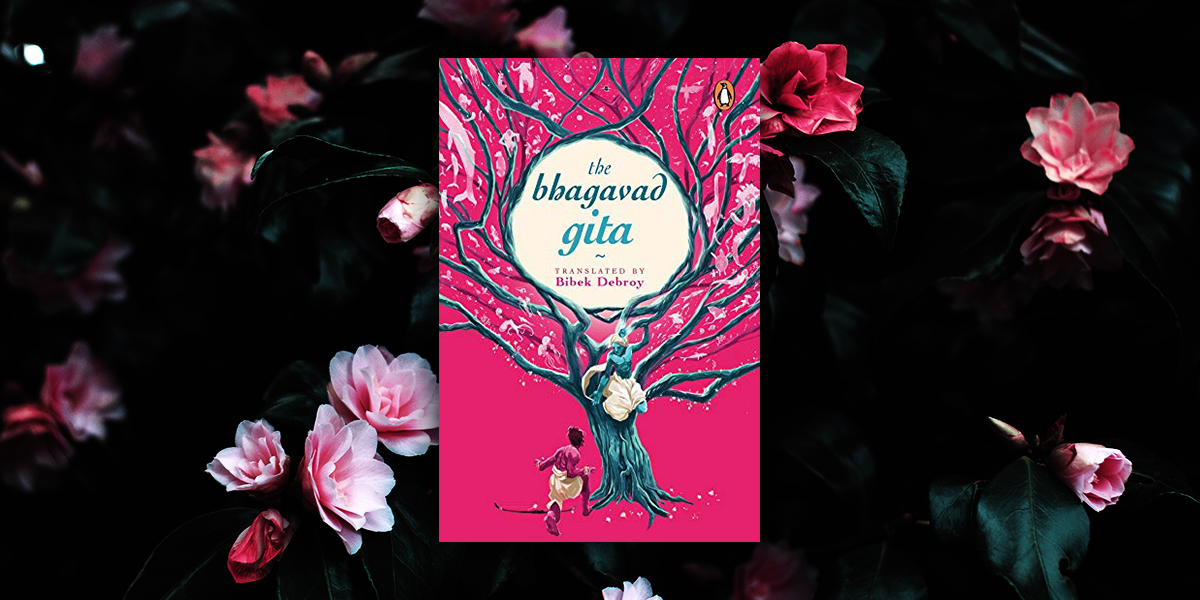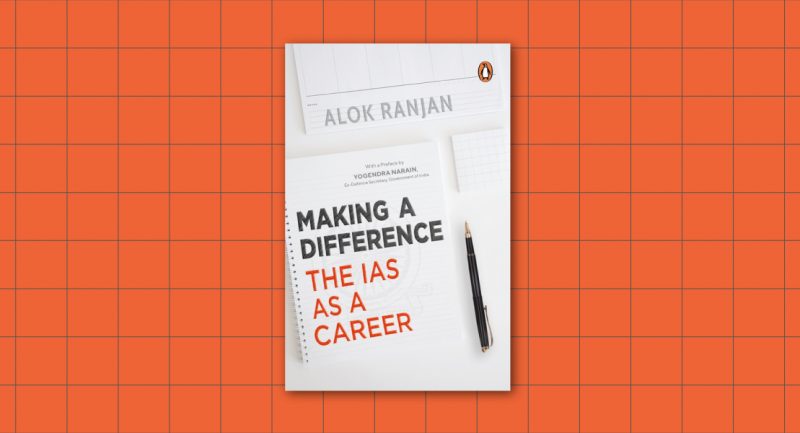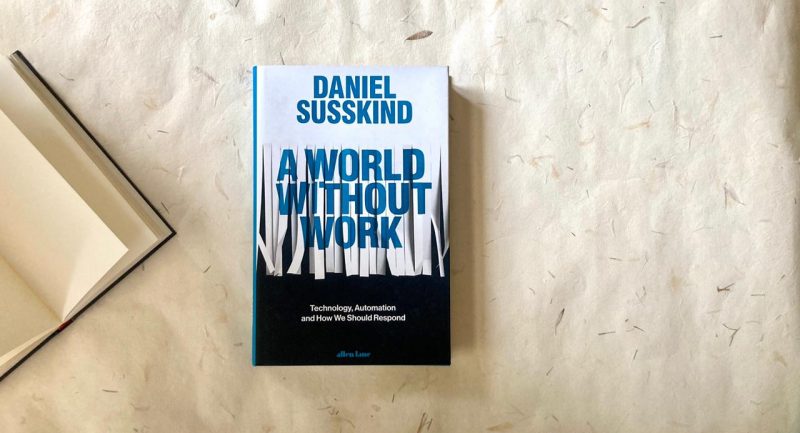
As far as traditional Indian stories and lore go, The Bhagavad Gita is an enduring and nuanced reflection of the relationship between action and consequence, agency and choice. Bibek Debroy’s translation of the book is highly relevant and now accessible to a whole new generation of readers.
Here’s an excerpt that presents a glimpse into the insights this book has to offer!
‘Without performing action, man is not freed from the
bondage of action. And resorting to sannyasa does not
result in liberation.’~
‘No one can ever exist, even for a short while, without
performing action. Because the qualities of nature force
everyone to perform action.’~
‘The ignorant person who exists by controlling his organs of
action, while his mind remembers the senses, is said to be
deluded and is a hypocrite.’~
‘O Arjuna! But he who restrains the senses through his mind
and starts the yoga of action with the organs of action, while
remaining unattached, he is superior.~
‘Therefore, do the prescribed action. Because action is
superior to not performing action. And without action, even
survival of the body is not possible.’~
‘O son of Kunti! All action other than that for sacrifices
shackles people to the bondage of action. Therefore, do
action for that purpose, without attachment.~
‘Earlier, Prajapati created beings, accompanied by a
sacrifice and said, “With this, may you increase, and may
this grant you all objects you desire.’~
‘Through this, cherish the gods and those gods will
cherish you. By cherishing each other, you will obtain that
which is most desired.’~
‘Because, cherished by the sacrifice, the gods will give you all
desired objects. He who enjoys these without giving them
their share is certainly a thief.’~
‘Righteous people who enjoy the leftovers of sacrifices
are freed from all sins. But those sinners who cook only for
themselves live on sin.’~
‘Beings are created from food and food is created from rain
clouds. Rain clouds are created from sacrifices and sacrifices
are created from action.’
Full of life-lessons and thought-provoking debates on morals, Bibek Debroy’s Bhagavad Gita is more relevant than ever.









